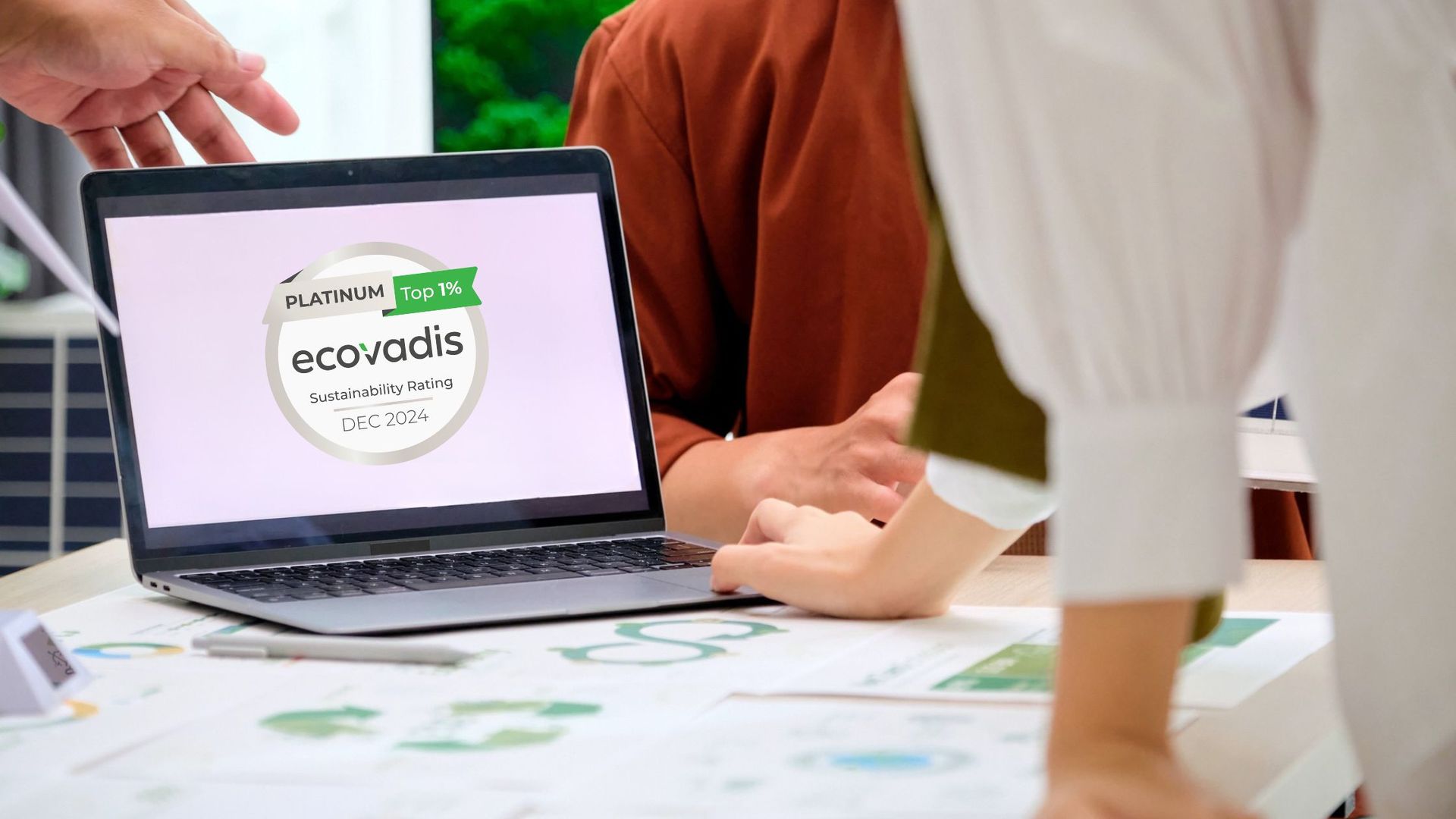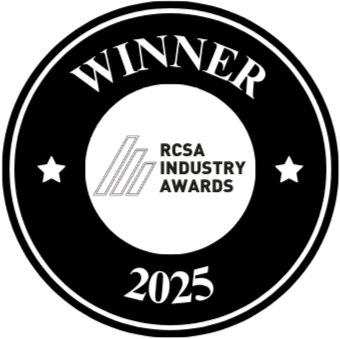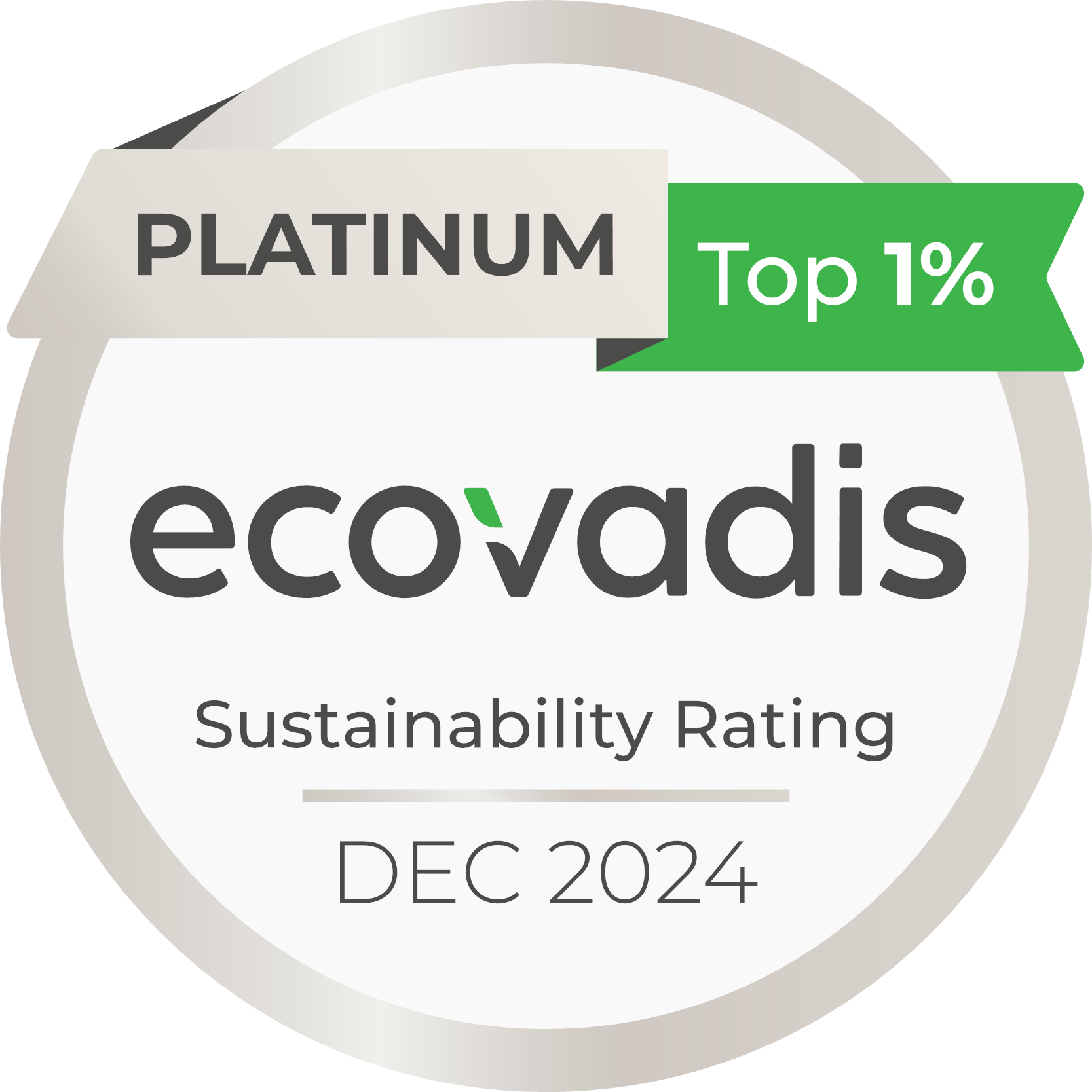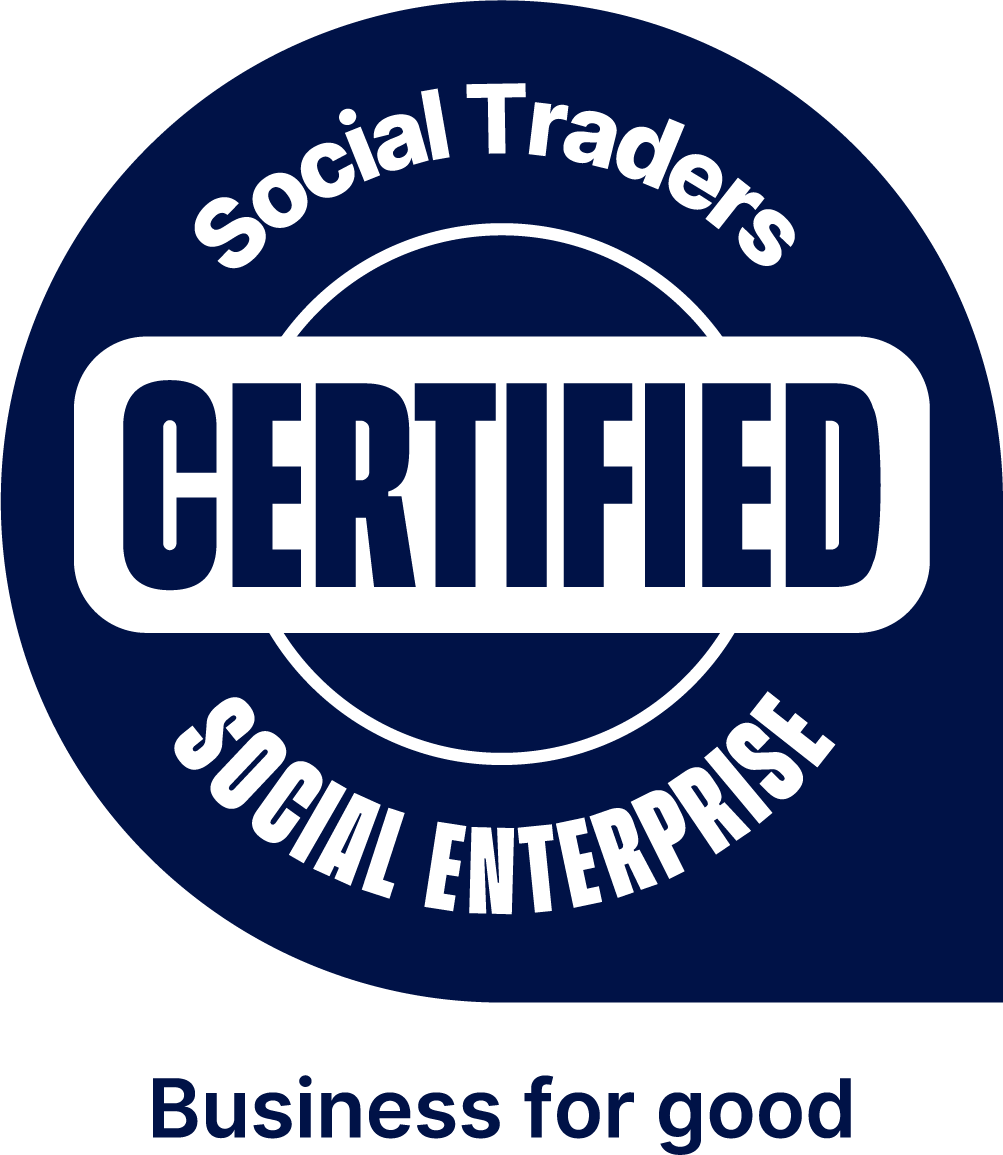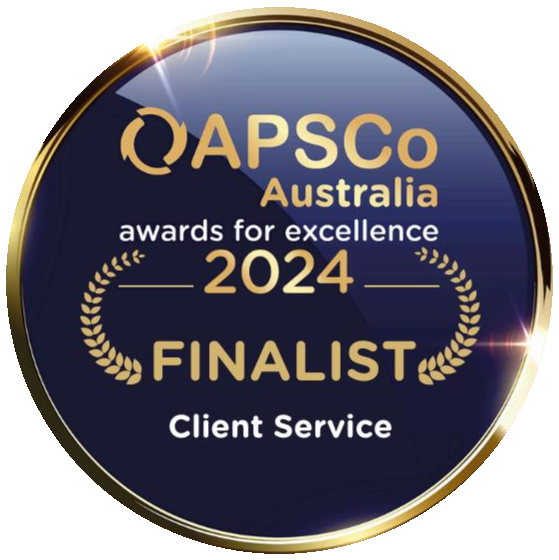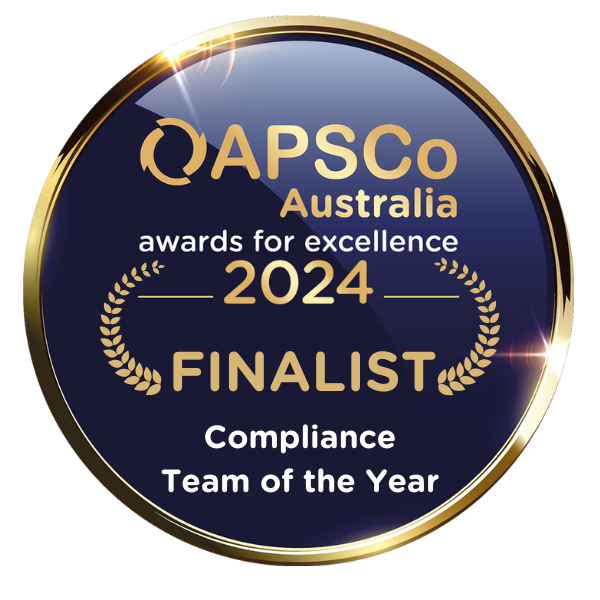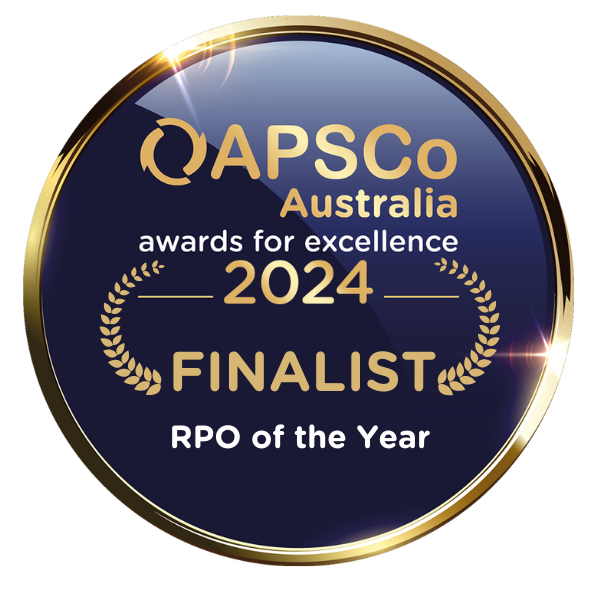No matter what industry you’re in, here are some ways to ensure you make a good first impression.
Do your research
Look up the company website, their social media channels and if possible, chat to anyone you know who has worked there or had experience with the company. Whilst researching, think about the things you like about the company, this will help to ask the usual question of ‘why do you want to work here?’. Additionally, keep in mind what you can offer the company in the advertised role. Try to list up to 3 value-adds as these can be helpful to have on your mind during the interview.
Other than doing thorough research on the company, make sure you peer over your resume and evaluate what the employer may ask you about. Prepare some answers around your previous job experience or anything that might particularly stand out on your resume.
Practice answers to common questions
It’s helpful to practice answers to common questions. Although you don’t want to seem as if you’ve rehearsed, make sure you know the main points you want to discuss when it comes to certain queries. Some common interview questions include:
- What value will you bring to the position?
- What is the biggest challenge you have faced and how did you overcome it?
- Why do you want to work for us?
- What would you consider your greatest strengths?
- What are your weaknesses?
- What type of work environment are you used to?
- How well do you work within a team? Do you prefer autonomy?
- How do you deal with constructive criticism?
- Why should we hire you?
- Tell me about a time when you demonstrated leadership/problem solving/other vital skill?
Prepare some questions to ask
It’s important to answer their questions but you should also have questions for the interviewer. Mostly, this will show genuine interest in the role. It’s also an opportunity to showcase your own confidence and be seen as an equal in the conversation. Your questions can be based around the below topics:
- The workplace and company (things like company culture)
- The team you will be working in
- The role specifically
- Professional development/career progression
- How performance is reviewed
- Questions with an aim to get an indication of how the interview went, such as ‘What are the next steps in the interview process?’
Show up slightly early
Don’t be too early because this can place pressure on the hiring managers schedule. Aim to be ten minutes early, this shows punctuality and respect for the interviewer’s time. Make sure you know the bus or train times or otherwise be aware of traffic in the area before you leave. And if something goes wrong, be sure to call and inform them of any delays!
Dress the part
As part of your research preparation, you hopefully got a sense of the appropriate attire expectations. Most companies will use specific images in their brand promotions which will reflect their own dress codes, make sure to notice this and dress suitably. Ensure your clothes are clean and ironed. Additionally, practice good hygiene and make sure things such as hair, makeup, and nails are tidy. Imagine it’s your first day on the job!
View the interview as a two-way conversation
Always keep in mind that you’re in a two-way conversation. This can help ease any nerves and make you feel more self-assured. It’s not just about whether you are right for the job and company but also if both of those things are right for you. This is why asking questions is so important. You may have several opportunities on the table and the answers to those questions could help you decide what’s your best option.
Smile and use the interviewer’s name
Try to avoid frowning or other negative facial expressions and body language. Although it is a two-way conversation, it’s still in a professional setting so sit up straight, with open body language and make sure to listen attentively and smile where it seems appropriate. Additionally, try to use the interviewer’s name. Many people are notoriously bad at remembering names so it will help to keep them engaged as well as impressing them.
Follow up
Always remember to follow up. Usually, an email will suffice, thanking the interviewer for their time and (if you feel it went well) asking them about what’s next! Even if you felt the interview went poorly, still follow up and thank them. You may even be able to get some feedback about how you could do better in future circumstances.









